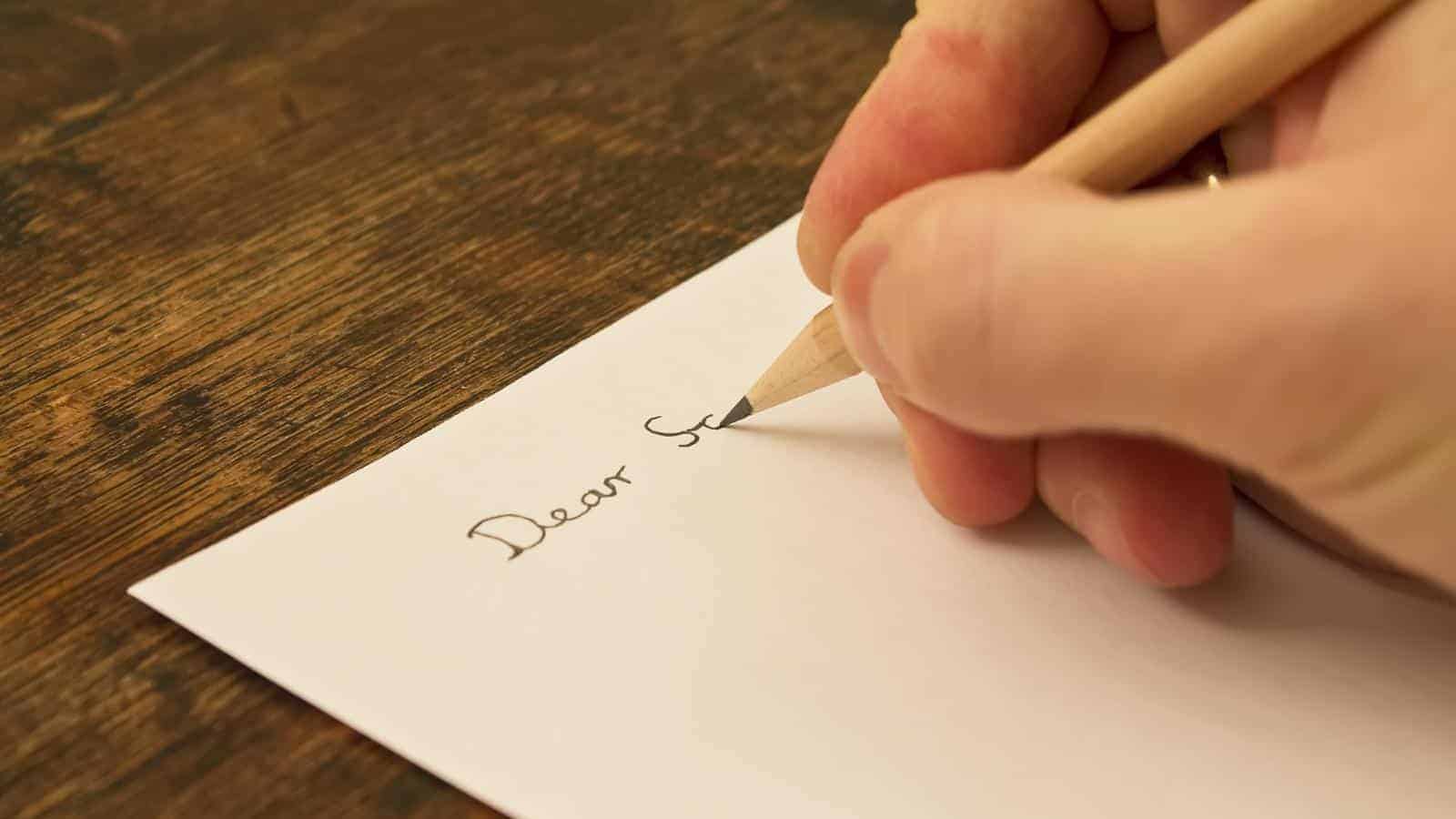Making a will is a difficult but necessary task. You need to ensure your possessions and investments are protected, and your loved ones taken care of. However, there are certain things you might not think need to be in your will. To avoid problems later on, remember to include these 17 things.
Sentimental Personal Items

It’s easy to verbally promise sentimental personal items to people, like clothing, jewelry, and photographs, but you must add them to your will so that your wishes can be honored. The New York Times warns that personal mementos cause the most issues between surviving family members, so don’t forget to put them in your will.
Pets

We don’t think of pets as possessions, but they should be mentioned in your will to avoid arguments over ownership. Explicitly state the person you wish to take care of them after your death and leave them a cash gift if you want to make provision for your pets.
Digital Assets

Anything you own of value needs to be in your will, even if it’s not physical. Digital assets include things like documents, cryptocurrency, data, and digitally stored media, such as photos and videos. Think of them like physical investments; they still need to be managed after your death, so they must be given to somebody in your will.
Family Heirlooms

Like sentimental personal items, family heirlooms will cause arguments if they are not explicitly divided between heirs. Items that have been in the family for a long time and mean a lot to people, like furniture, ornaments, antiques, and books, must all be assigned a new owner in your will.
Overseas Assets

If you have overseas assets, you’ll know their value, so you must protect them in your will. The easiest way to do this is to have multiple wills, one for each country you own assets in, depending on their laws. Most people don’t do this because it’s a lot of work, but it’s essential.
Loan Reparations

Just as debts don’t disappear when you die, loan reparations don’t either. If you’ve loaned people money and are still getting it back, that money counts as part of your estate and can be left to a beneficiary. Including future loan reparations keeps your will water-tight.
Collections

Many people collect things like coins, figurines, dolls, and art; some collections can be worth thousands of dollars! To protect your collection, definitely include it in your will. According to Forbes, there are three things you can do: donate the collection, sell it, or hand it down. Whatever you choose, make it clear in your will.
Bank Accounts

Your bank accounts count as part of your estate, but they still need to be willed to someone. If you don’t specify who you want to manage your bank accounts after your death, the law will make that decision for you. Leaving relevant bank account information is really helpful for the executor of your will to deal with your assets.
Online Businesses

Online businesses are typically included in digital assets, but they often yield a lot more money and need a named inheritor if you want the company to continue. You can nominate an individual to take over or split it between several people. Treat online businesses the same as physical ones; don’t forget them.
Unpublished Creative Work

Many people, like poet Emily Dickinson and author Stieg Larsson, have had their unpublished creative work published after their deaths. You can do this, too, if you leave your work to someone in your will. To avoid copyright disputes, copyrights that aren’t already assigned to anyone else should be given to the inheritor of the work.
Cars

Your car is an expensive asset, so of course it must be included in your will! If you want a particular person to inherit your car, you must state this clearly, otherwise, the executor of your estate can decide what to do with it themselves. Cars are sentimental, so include them with other personal items.
Social Media Accounts

Your social media accounts are also digital assets that must be accounted for in your will. The Gazette strongly advises leaving them to an individual to manage because they store important personal information with different platforms and providers, and you may want them taken down after your death.
Charitable Donations

It’s incredibly generous to want to leave money to charity after you die, but that won’t happen unless you include it in your will. People often forget to include registered charity numbers, which can create confusion if charities have similar names. You also need to leave a specified amount as a cash gift.
Family Recipes

You can do more to preserve family recipes than verbally pass them on; you can leave them in your will. Recipes, especially recipe books, can be kept in the family as part of your personal heirlooms. Forgetting to give family recipes to a specific beneficiary could cause them to be accidentally disposed of.
Master Directory

A master directory lists all the assets included in your estate so your family members are aware of everything you’re leaving behind when you die. Writing up a master directory clears up any confusion over assets and makes the post-bereavement process easier for loved ones, which you’ll doubtless want.
Multiple Beneficiaries

It’s unlikely you’ll want to leave your entire estate to one person, so you must name every single beneficiary in your will. Investopedia recommends dividing your estate equally to descendants with similar circumstances and equitably when it makes sense for certain assets to go to specific people.
Final Letter to Family

Your family will know how much you love them, but including a final letter in your will is another way to help them connect with you. You can explain your reasoning behind leaving things to certain people and provide guidance for your estate. Don’t forget this final letter to make things easier after you’re gone.
Up Next: 19 Things Men Want To Avoid As They Get Older

19 THINGS MEN WANT TO AVOID AS THEY GET OLDER
18 U.S. Cities Americans Say Are the Best to Live In

18 U.S. CITIES AMERICANS SAY ARE THE BEST TO LIVE IN
17 Most Common Reasons Men Break Up With Women

